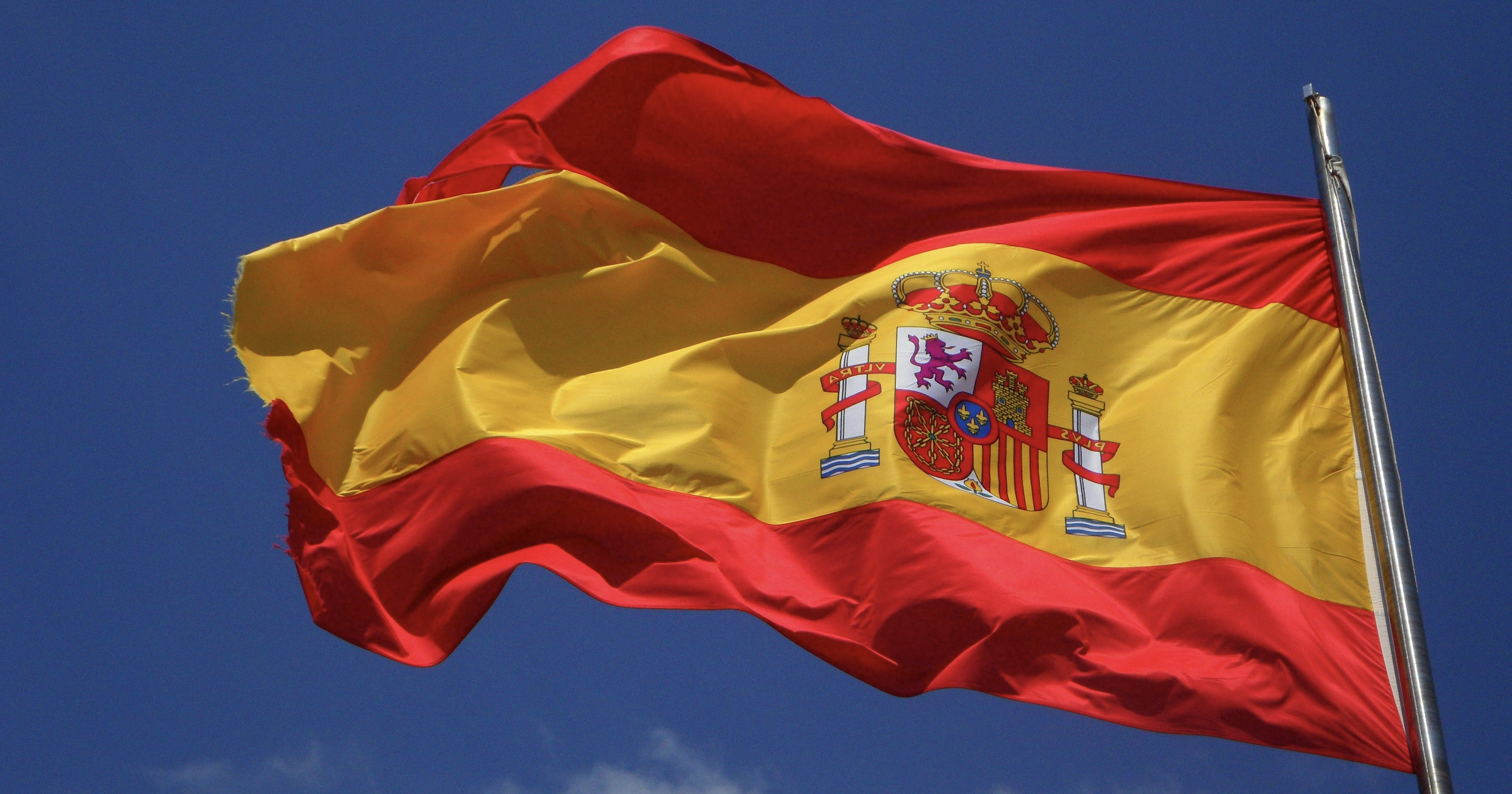In Spain, users spent over 1 billion euros on gambling, setting a quarterly record
The Spanish gambling market regulator (DGOJ) has released fresh data on the legal online gambling sector for the third quarter of 2024. Below are the key figures and trends.
What is legal online gambling in Spain like?
To start with, Spain is a fairly mature European country concerning compliance (or regulation) in this industry. Gambling — both in land-based and online formats — was legalized back in 2011.
All market-related issues are overseen by the regulatory body — the Directorate General for the Regulation of Gambling (DGOJ) under the Spanish Ministry of Finance.
If online operators decide to conduct their business legitimately, they are, according to legislation, subject to a gambling tax (IAJ) of 20% on GGR (Gross Gaming Revenue). This essentially means gross revenue obtained from the total of all bets (deposits) minus payouts to players from their winnings.
Interestingly, this tax rate may vary depending on the provinces. For example, in Ceuta or Melilla, the rate is lower — 10% instead of the mentioned 20%.
The regulator issues two types of licenses — a general one (for a whole category of games) and a single one (for each specific game). The first is valid for 10 years. Among the requirements for operators to obtain the main general license are the registration of a legal entity in any EU member state and financial guarantees amounting to €2 million.
Additionally, when applying for registration, a company must pay fees of at least €53,000.
As for the volume of the online gambling market in Spain, in 2023 its gross revenue reached €1.23 billion (+28.38% YoY).
Regarding the engaged audience, the total number of registered user accounts amounted to more than 4.3 million in 2023. The number of active players was 2.64 million people.
Current state of the online industry segment
- The quarterly gross revenue (GGR) from online gambling in Spain for July-September was €348.1 million, 14.41% more than the previous year.
- Online casinos generated 54.01% of the total amount — €187.99 million. Next were sports betting — €135.92 million (39.05%), followed by poker — €20.52 million (5.89%), and bingo — €3.67 million (1.05%).
- Regarding individual segments, in online casinos, the main growth driver was slots, which brought in €126.4 million (+25.8% YoY). Next, the revenue was distributed as follows: live roulette — €49.2 million (+4.68% YoY), classical roulette — €6.2 million (-8.41% YoY), and blackjack — €6.08 million (+2.8% YoY).
- In sports betting, most funds came from live betting — €73.4 million (+12.13% YoY), as well as from pre-match bets — €51.9 million (+24.28% YoY).
- Poker revenue overall fell by 23.47% compared to the same period last year. Poker tournaments earned only €14.36 million (-27.02% YoY), while cash games — €6.15 million (-13.68% YoY).
- In the third quarter, the total amount of player deposits reached a record €1.14 billion, growing by 23.87% year-on-year.
- The amount withdrawn by users also grew by 30.32% over the year to €802.2 million.
- Monthly, an average of 153,181 new accounts were registered by players. Growth of 42.4% year-on-year. It's worth noting that this only includes accounts with at least one deposit.
- The average number of active users per month was 969,977 people (+30.81% YoY).
- Currently, there are 77 licensed operators in Spain. The segment distribution is as follows: 51 hold licenses for online casinos, 42 for sports betting, 9 for poker, 4 for bingo, and 2 for lotteries.
